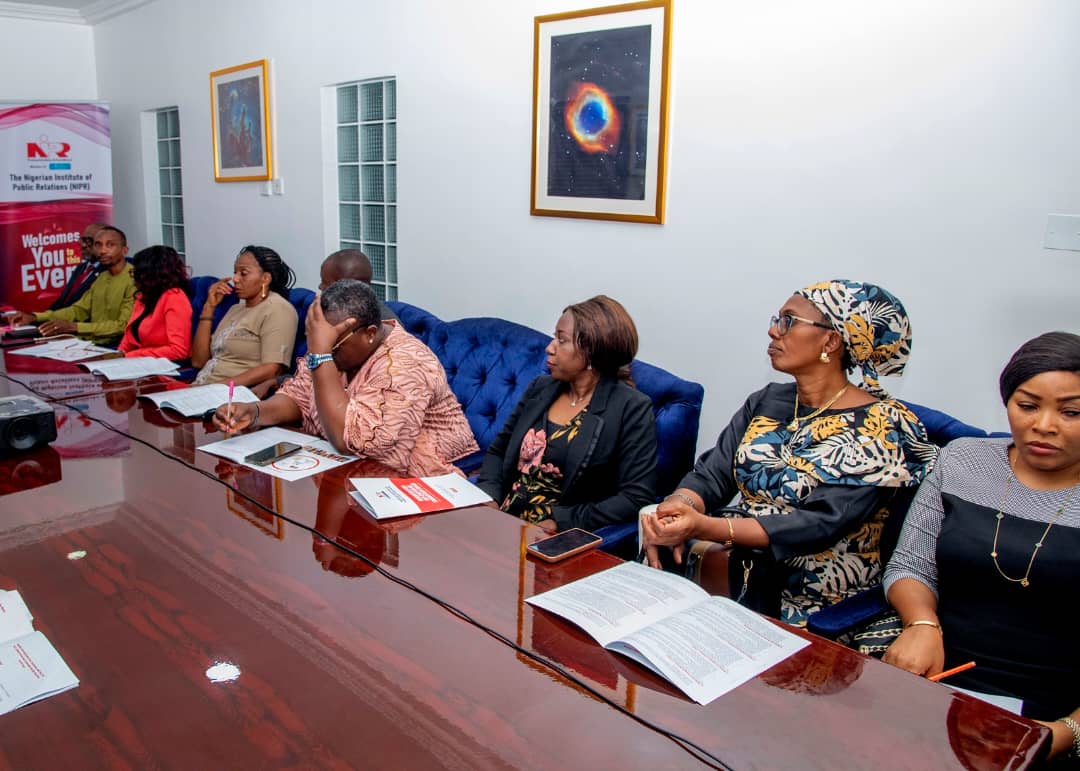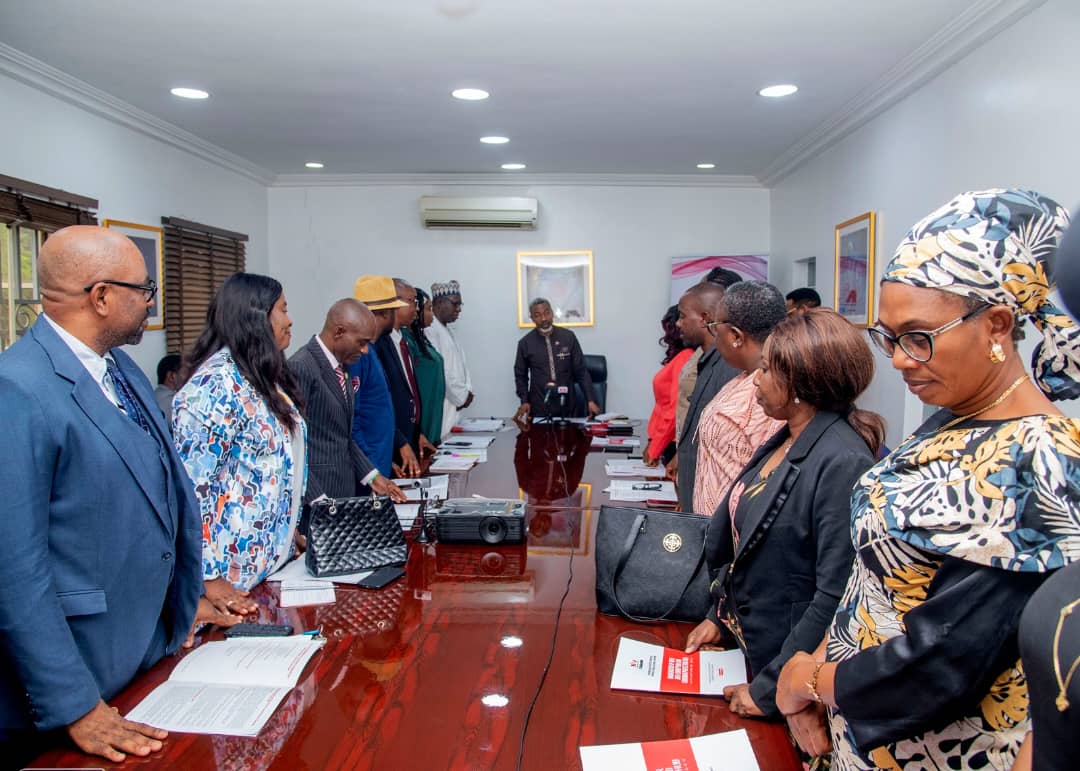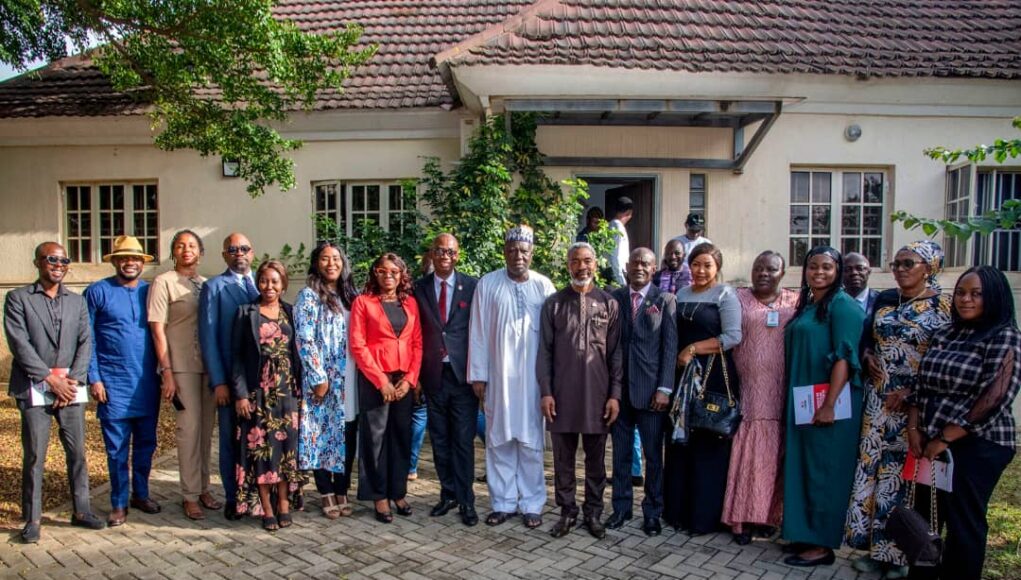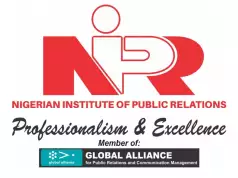The President of Nigerian Institute of Public Relations (NIPR), Dr. Ike Neliaku says the Institute’s Anti-Corruption and Consumer Protection (ACCP) Hub is targeted at adopting strategic communication to reduce incidences of corruption across public and private sector in the country.
Speaking on recently in Abuja at the inauguration of the Hub, the NIPR President while commending the efforts of anti-corruption agencies in the country said they require assistance, emphasizing that beyond prosecution, time has come to introduce another means that may prevent corruption from taking place.
“NIPR found it necessary to come up with means that can be adopted to communicate the challenge of corruption and protection of consumers in a manner that anybody who understands the message very well, will equally understand the risk, the danger, the trauma, the evil and indeed everything that needs to be done to bring corruption to the barest minimum”, he stated.

The Hub’s membership is drawn from NIPR, Economic and Financial Crimes Commission (EFCC), Independent Corrupt Practices and other Related Offences Commission (ICPC), Federal Competition and Consumer Protection Commission (FCCPC) and National Film and Video Censors Board (NFVCB).
Highlighting that strategic communication is a key tool in appealing to sub-consciousness of individuals to do the right thing in the overall good of the society, Dr. Neliaku added that corruption has cost Nigeria huge losses and held it hostage.
He said the strategic communication approach will appeal, persuade and campaign against corruption in the Nigerian society.
In his remarks, the Chairman of the ACCP Hub, Dr. Ahmad Sajoh said corruption does not only happen when money exchanges hands but when consumers fail to derive value for their money.

While adding that film production could be a great tool in driving the needed education and sensitisation against graft, Dr. Sajoh urged Hub members to approach the assignment with the required seriousness.
Among other things, the Terms of Reference of the Hub include to enhance awareness, promote ethical practices, foster partnerships, build capacity, monitor and evaluate mechanism and public reporting systems for anti-corruption measures and consumer protection efforts.










